 Published: April 2017
Published: April 2017
Sales & Marketing Management
A look at what’s behind increased use of individual incentive travel
Last year, the Incentive Federation reported results of a research study showing that 84 percent of all U.S. firms use non-cash incentives in some manner to motivate and engage their workforce. According to the same study, 45 percent of all businesses using non-cash rewards use incentive travel awards in some manner.
A 2015 study of a national cross-section of 452 working adults that sought to more deeply understand the motivational preferences of U.S. employees showed that when being rewarded for “above and beyond” performance lasting over a year, U.S. employees preferred most often to be rewarded with travel or experiential awards—beating out cash significantly.
Convening top-performing salespeople for an annual group travel experience continues to be a popular incentive strategy employed by businesses throughout the world. However, the Incentive Federation survey shows an increase in the use of individual incentive travel.
“Data shows U.S. firms’ use of each tool varies based on program goal and business size,” the report states. “A study of 234 U.S. firms using non-cash awards showed that where sales associates were concerned, program owners more often used individual travel to reward discretionary accomplishments, but used group travel to reward team-based success. Where all other employees were concerned, program owners preferred individual travel for goal-based or team-based awards.”
According to U.S. planners, the Incentive Federation reports, a moderate move to individual travel from group travel is anticipated in the coming years.
What’s behind the uptick in individual incentive travel? We connected with three veterans of the incentive travel industry on the phone or through emails to get their thoughts on why individual incentive travel is increasingly popular, what are its benefits and whether there are times when it makes more sense than group travel or other rewards.
Our Panel:
• Susan Adams is senior director of engagement at Next Level Performance, a Dittman Company, a full-service provider of performance motivation solutions, including incentive, recognition and engagement programs.
• Wendy McDaniel is general manager of Quality Reward Travel, a Maritz Company. Quality Reward Travel is a full-service, points-based travel provider for individual consumers.
• Marc Matthews is president and CEO of Pulse Experiential Travel, a full-service incentive reward fulfillment company that specializes in providing group and individual incentive travel programs based around exciting “bucket list” experiences, sports events and unique vacation destinations worldwide.
SMM: Is the reported uptick in individual incentive travel real? If so, what’s behind it?
McDaniel: From our side of the business, absolutely yes! We are getting several inquiries every week from a variety of client segments: tech, pharma, financial, hospitality. So many in fact, that we have created an annual look-book showcasing fun ideas at a variety of price points, themes and destinations. People desire travel, but most don’t know what they want. There’s nothing more fun that browsing a look-book and just drifting off into your imagination. Some inquiries come from clients that have traditionally done group trips, but are getting feedback that their travelers want something more unique or personalized. Some clients have traditionally offered cash, or a gift, but realize experiences are what last a lifetime.
Adams: Since the recession, individual incentive travel has been an important part of our suite of solutions. In our experience, individual travel took the place of many group travel programs during challenging times. At that time, we launched Great Escapes to provide our clients with low-risk, low-commitment solutions that still had the strong motivating power of travel. Rather than take the risk of long-term group travel contracts and financial commitments, many clients opt for this solution, which allows them to hit their sales goals before committing to a final budget or number of winners. It has been so successful that we now see it as an additional option—not as a replacement, but as a complement to group travel.
SMM: Are there programs where individual incentive travel is a better fit than group travel?
Matthews: Both individual travel and group travel have their place. Typically, companies have the top 10 percent of their sales force—the overachievers—go off on the President’s Club trips. For that, group travel is absolutely appropriate because you want to have that corporate branding and you want those top producers associating with your top management. That is really where group travel shines. Where individual incentive travel takes over is in the middle and lower performers. Companies also want to incent those guys to move their productivity upwards. If they don’t do anything for the bottom 90 percent, that President’s Club becomes a disincentive for the bottom 90 percent.
Adams: Individual travel is a great fit for sprint or sequential programs. A program can be launched with very quick turnaround or short lead times, and with flexibility as to the number of winners. We have also seen it used successfully for channel partners and customer incentives, some of which allow winners to accrue additional value over sequential programs. It is sometimes a question of budget, since the value does not have to reach group travel costs, but more often it is a question of flexibility and rapid response.
SMM: Some people have attributed the increased use of individual incentive travel to the emergence of millennials in the workplace. Is that fair or an overuse of trendspotting regarding millennials in the workplace?
Matthews: They do want to have flexibility. Millennials don’t tend to want to go out on these big group travel programs with their coworkers. They want to choose what they want to do when they want to do it.
Adams: While millennials are reported to be especially interested in adventure travel and unique experiences, I do not think it’s fair to say that other generations in the workforce are not just as interested in individual travel. As our life stages change, so do our travel interests. I would argue that individual travel allows each generation—or each life stage—to enjoy the reward at its own pace. Many recipients have told us that it is deeply meaningful to them that their company supports their time with family or friends, and that they have the chance to recharge before chasing after the next goal at work. That’s a pretty inspiring reward at any age.
McDaniel: We have a growing population within the U.S. that are very focused on bucket lists. They want adventure while their bodies will allow it. There will be time for bus tours later.



